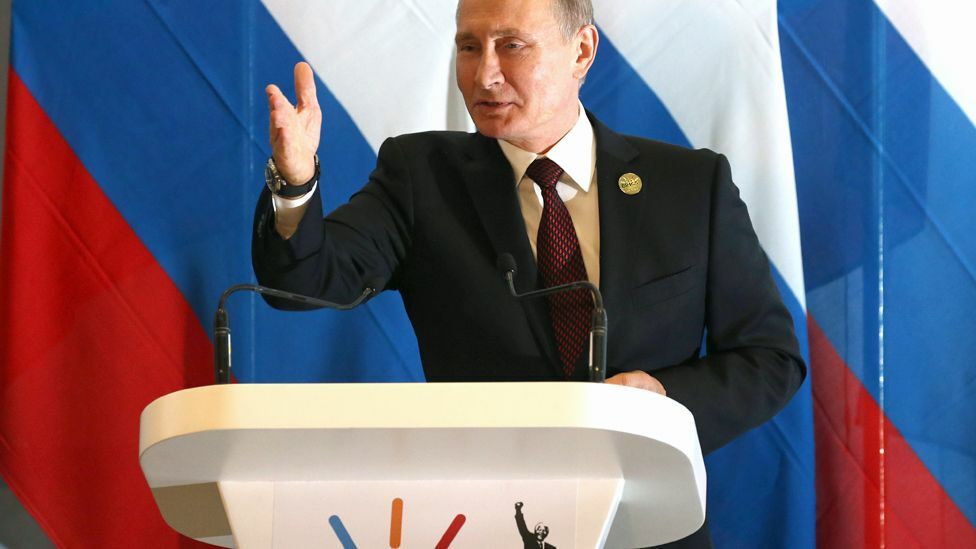South Africa’s muddled diplomacy amid Russia-Ukraine conflict risks economy

South Africa’s diplomatic ties have been under scrutiny in recent months, with the nation’s close relationship with Russia raising concerns among Western countries. These concerns have led to speculation about South Africa’s support for Moscow in the ongoing conflict with Ukraine and potential arms shipments. However, some argue that this perception is unfair and could have a negative impact on South Africa’s reputation and its already fragile economy.
A senior South African official admitted that the situation is a “nightmare” during a meeting of foreign ministers of the Brics group, which includes Russia, China, Brazil, India, and South Africa. Western diplomats have privately expressed frustration with South Africa’s stance towards Russia and questioned its impartiality regarding the invasion of Ukraine.
Irina Filatova, a Russian academic based in Cape Town, stated, “The government’s heart is with the Russians. They believe the world is slipping out of Western hands – that the Russians are stronger and will win, and that they’re investing in a strategic future, a new world order.” However, political analyst Philani Mthembu argues that the West is misreading South Africa and that the issue is a matter of timing and perception rather than substance.
South Africa initially called for Moscow to withdraw its forces from Ukraine but later declined to condemn Russia at the United Nations and adopted a policy of neutrality. This stance has been undermined by various actions and statements that have angered Ukraine’s allies, such as hosting Russian navy exercises and sending its army chief to Moscow on a “combat readiness” trip.
US Ambassador Reuben Brigety publicly accused South Africa of “arming Russia” by shipping weapons and ammunition on a Russian vessel that docked near Cape Town in December. His comments sparked outrage in South Africa, with some accusing the US of “geopolitical blackmail.”
South African Defence Minister Thandi Modise denied the claims, using a slang term that translates to “nothing” to describe the number of weapons shipped to Russia. While Ambassador Brigety later sought to “correct any misimpressions,” he did not apologize or retract his claims.
President Cyril Ramaphosa has called for an independent investigation into the matter and announced plans for a six-president-strong African peace delegation to visit both Moscow and Kyiv. However, the opposition Democratic Alliance has accused the ruling African National Congress of cozying up to Russia for financial gain.
The economic cost of South Africa’s diplomatic confusion is already evident, with the rand plunging against the US dollar and concerns about foreign investment and trade deals growing. The country now faces a new diplomatic challenge, as it must decide whether to uphold an invitation for President Vladimir Putin to attend a Brics summit in Johannesburg in August. Putin is subject to an international arrest warrant by the International Criminal Court for alleged war crimes in Ukraine.
Market analyst Peter Attard Montalto warned of severe consequences if Putin attends the summit, stating, “There will be an absolutely massive [Western] backlash. The currency would blow up.” As South Africa tries to balance its economic reliance on Western nations with its growing ties to Brics, it may be searching for ways to avoid hosting Putin, such as moving the summit to another country.
Latest Thailand News
Follow The Thaiger on Google News:


























